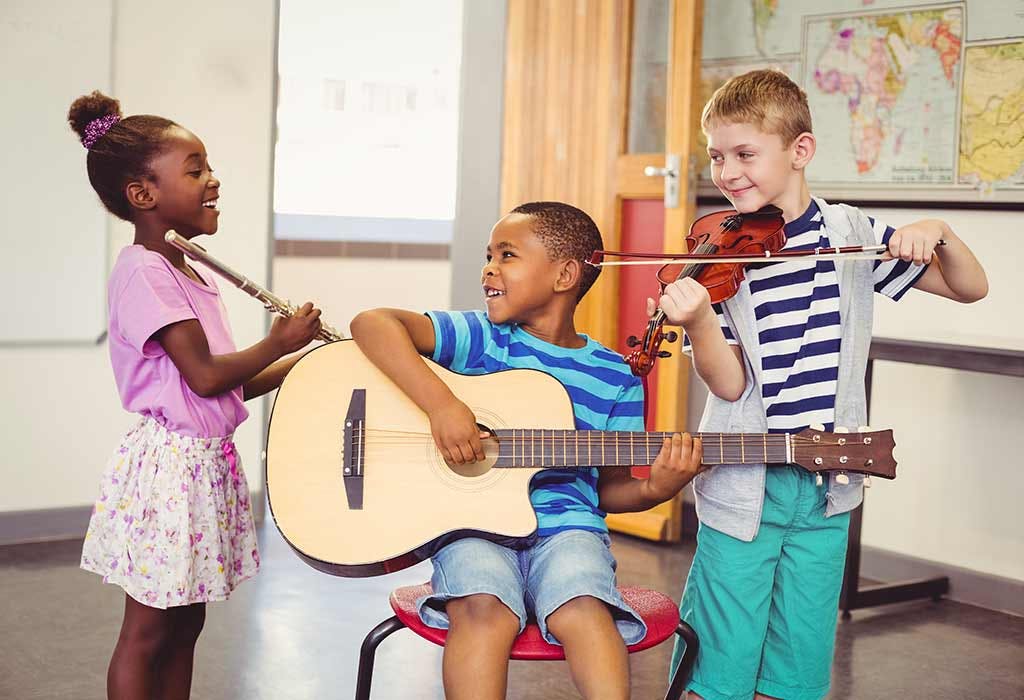Blog Details
Read our article everyday

Harmonizing Growth: The Transformative Power of Music for Kids
In the midst of the hustle and bustle of modern life, music serves as a timeless companion, offering solace, inspiration, and joy. For children, in particular, exposure to music from an early age can have profound effects on their cognitive, emotional, and social development. Whether strumming a guitar, tinkering on the piano, or belting out tunes in a choir, the benefits of musical engagement are boundless. 1. Cognitive Development: Research has shown that learning to play a musical instrument can enhance cognitive abilities, including memory, attention, and problem-solving skills. The intricate patterns and rhythms found in music stimulate the brain, promoting neural connections and improving overall cognitive function. Additionally, exposure to music from diverse cultures and genres broadens children's horizons, fostering cultural appreciation and global awareness. 2. Emotional Expression: Music is a universal language that transcends barriers and allows children to express themselves in unique and profound ways. Whether through lyrics that resonate with their experiences or melodies that evoke emotions, music provides a safe and cathartic outlet for children to explore and process their feelings. From the joy of a lively tune to the melancholy of a soulful ballad, music empowers children to navigate the rich tapestry of human emotions with authenticity and grace. 3. Social Connection: Engaging in musical activities, such as singing in a choir or playing in a band, fosters a sense of community and belonging among children. Collaboration and cooperation are inherent to making music together, as each member contributes their unique voice or instrument to create harmony and unity. Through shared experiences and collective performance, children develop valuable social skills, empathy, and a deep appreciation for teamwork. 4. Confidence and Self-esteem: Learning to play an instrument or mastering a musical skill instills a sense of accomplishment and pride in children, boosting their confidence and self-esteem. As they progress in their musical journey, overcoming challenges and refining their abilities, children develop a sense of self-efficacy and resilience that transcends the realm of music and permeates all aspects of their lives. The confidence gained through musical achievement empowers children to pursue their passions and pursue their dreams with conviction and determination. 5. Lifelong Love of Music: Perhaps most importantly, introducing children to the world of music cultivates a lifelong love and appreciation for the arts. Whether they become professional musicians or casual enthusiasts, the joy and fulfillment derived from making music stay with children throughout their lives, enriching their experiences and enhancing their well-being. By nurturing a love of music from an early age, parents and educators lay the foundation for a lifetime of musical exploration, creativity, and inspiration. In conclusion, music is more than just a form of entertainment—it is a powerful catalyst for growth, expression, and connection in children's lives. By embracing music as an integral part of childhood, parents, educators, and caregivers empower children to harmonize their growth, unlocking the transformative potential of music to shape their lives in meaningful and profound ways.
Vanusa Bonfim
. 12/2/2023
